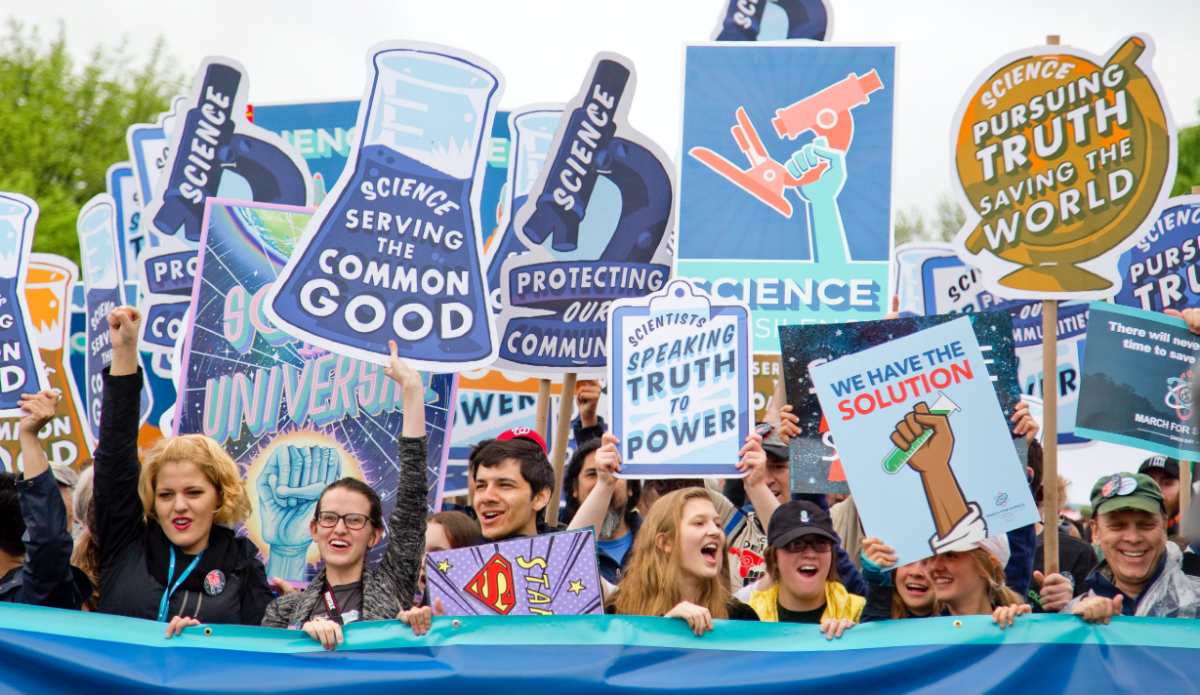
Does ‘believe scientists!’ include ‘believe the epidemiologists!’?
How do we choose between lives and livelihoods?
Photo by Vlad Tchompalov on Unsplash
“Believe the science!” has been the desperate rallying cry of people opposing the “denialism” of the Trump Administration. They were (and are) exasperated that Republicans appeared to ignore the “settled science” of climate change.
But in the Covid-19 pandemic – about which doctors and scientists acknowledge their bafflement – should we still believe the science? It’s hardly settled. How should policy-makers decide when they fear that they must choose between lives and livelihoods?
Neil Levy and Julian Savulescu, both of Oxford’s Uehiro Centre for Practical Ethics, have set down some criteria in the Journal of Law and the Biosciences about whom we should believe in times of great uncertainty. “Vocabulary which has suddenly become so familiar – ‘flatten the curve’; ‘social distancing’; ‘R0’ – was unknown to most of us a bare few weeks ago. Even for experts, every option continues to have huge uncertainties associated with it. When experts are divided and unsure, how are the rest of us responsibly to decide how to act and who to trust?”
If the science is settled, they say, we owe “deference” to the pronouncements of epidemiologists. But if it is not, then our (bioethicists) duty is to question them:
We should defer to the science, because we lack the capacity to second guess it and because it is reliably formed. But when science is not yet settled, epistemic responsibility does not require such deference. A scientific consensus is reliable because many different individuals with many different kinds of expertise, have played a role in stress testing and in contributing to it. There is no reliable consensus on the coronavirus pandemic as yet, and epistemic responsibility requires putting it to the test, not deferring. Ethicists, philosophers and other non- epidemiologists can play an important role in this stress testing, and how we shoulder this burden will help to define the final toll of the virus, measured in lives and in wellbeing.
Only after the theories of epidemiologists have been “stress-tested” by interrogation by bioethicists, economists, mental health professionals, sociologists, educators, and many other professions can they reasonably claim to be “settled”. And clearly that point has not been reached.
They contend, too, that the science of the pandemic is altogether different from the science of climate change. The latter has undergone “stress-testing” by specialists in many different disciplines for decades. As a result the “consensus” is robust and reliable. “It’s not because the coronavirus is different from climate science that it is appropriate for people to second guess the science. It’s because it’s the same: there was a time when such second guessing was appropriate for climate science too. With regard to climate science, that time has long passed; no so with regard to the pandemic.”
Michael Cook is editor of BioEdge
Creative commons
https://www.bioedge.org/images/2008images/science_1_(1).jpg
science
- How long can you put off seeing the doctor because of lockdowns? - December 3, 2021
- House of Lords debates assisted suicide—again - October 28, 2021
- Spanish government tries to restrict conscientious objection - October 28, 2021
